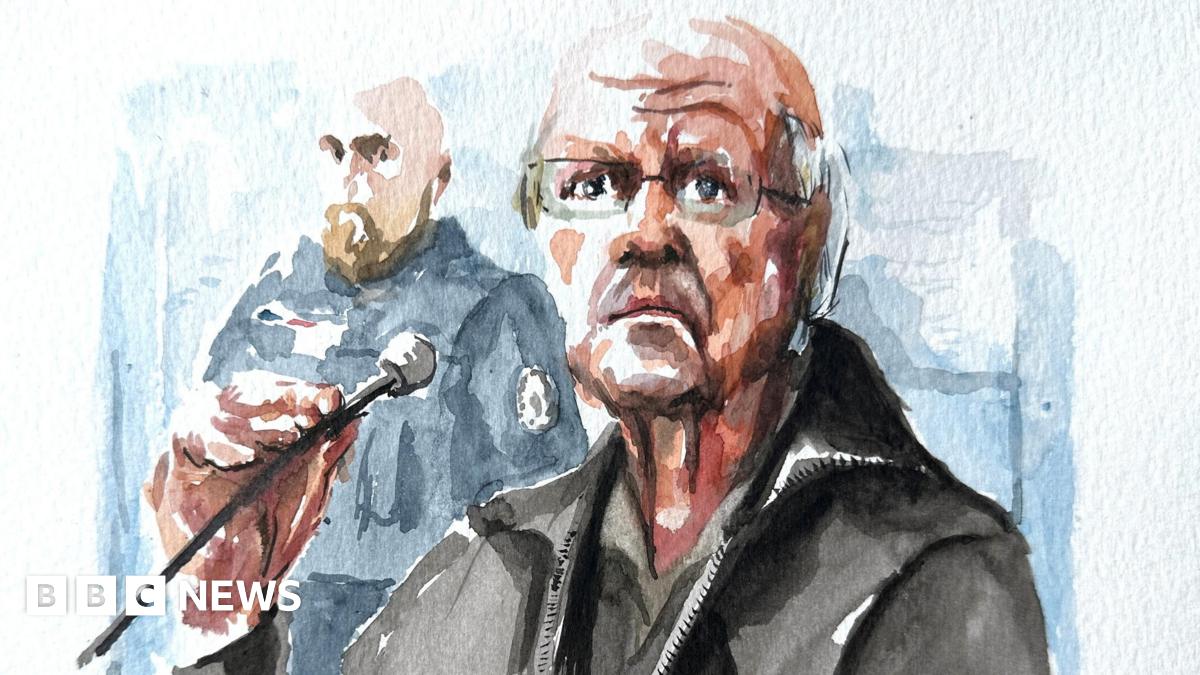Florida Immigrant Families Face Uncertainty After Supreme Court Ruling
A recent Supreme Court decision has cast a shadow of uncertainty over hundreds of thousands of immigrants living in Florida. The ruling, handed down on May 30th, effectively ends a long-standing program that provided protection from deportation to approximately 530,000 immigrants across the nation, with Florida bearing a significant portion of the impact.
Specifically, over 400,000 individuals in Florida are currently residing under what's known as humanitarian parole. This designation allowed them to legally live and work in the United States, often after fleeing persecution or hardship in their home countries. Now, these individuals face the very real possibility of deportation.
What does the Supreme Court ruling mean? The decision centered on the legality of the Deferred Enrollment for Legal Permanent Residency (DELR) program, a pathway that allowed certain beneficiaries of temporary protected status (TPS) and Deferred Action for Childhood Arrivals (DACA) to adjust their status to permanent residency. The Supreme Court deemed the program unlawful, effectively shutting down this avenue for many immigrants to gain legal permanent residency.
Who is affected in Florida? The individuals most vulnerable to this ruling are those who have already applied for, or are eligible to apply for, a green card through DELR. Many of these immigrants have established lives in Florida, contributing to the state's economy and communities. They include families with children in school, workers in essential industries, and individuals who have been living in the U.S. for years, even decades.
The Impact on Florida Communities: The potential for widespread deportations raises serious concerns about the impact on Florida's economy and social fabric. Businesses reliant on immigrant labor could face staffing shortages. Schools could see a decline in enrollment. And communities could experience a loss of cultural diversity.
Legal Challenges and Future Outlook: While the Supreme Court's decision is a significant setback, legal challenges are expected. Immigration advocates are exploring options to protect affected individuals and push for alternative pathways to legal residency. The Biden administration has also indicated its commitment to exploring other avenues for immigration reform.
What can Floridians do? Many organizations are mobilizing to provide legal assistance and support to affected immigrants. Educating oneself about the issue, contacting elected officials, and supporting organizations working to protect immigrant rights are all ways to make a difference.
The situation remains fluid, and the future for these Florida immigrants is uncertain. This ruling underscores the critical need for comprehensive immigration reform that provides a fair and just pathway to legal status for those who contribute to our society and enrich our communities.






